A Comparative Analysis of Buying and Pricing Introduction: Tomato paste and ketchup are two popular condiments derived from tomatoes that are commonly used in a variety of dishes. While they share a common origin, there are distinct differences between the two in terms of production process, taste, and usage. This article aims to provide a comprehensive analysis of the buying and pricing aspects of tomato paste and ketchup, giving the readers a deeper understanding of these condiments. Section 1: Production Process Tomato Paste: – Tomato paste is made by cooking down tomatoes for an extended period to reduce the water content. – The cooked tomatoes are then strained to remove the seeds and skins, resulting in a thick and concentrated product. – Tomato paste is renowned for its intense tomato flavor and deep red color, making it an ideal base for sauces and soups.
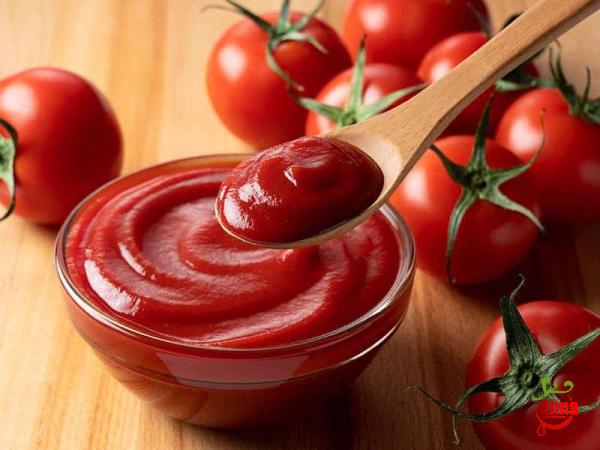
tomato paste
 Ketchup: – Ketchup is made from cooked tomatoes, but the process involves additional ingredients such as vinegar, sugar, and spices. – After cooking the tomatoes, they are strained to remove seeds and skins, similar to the tomato paste process. – The strained tomato mixture is then combined with vinegar, sugar, and spices to create a tangy and sweet flavor profile. – Ketchup is typically thinner in consistency compared to tomato paste, making it suitable for dipping, spreading, and as a condiment for various foods. Section 2: Market Demand and Consumption Patterns Tomato Paste: – Tomato paste has a significant demand in the food industry, particularly in the production of sauces, soups, and stews. – It is also a staple ingredient in Italian cuisine, appearing in dishes like pasta sauces and pizza toppings. – Due to its versatility and concentrated flavor, tomato paste enjoys steady demand from both consumers and food establishments.
Ketchup: – Ketchup is made from cooked tomatoes, but the process involves additional ingredients such as vinegar, sugar, and spices. – After cooking the tomatoes, they are strained to remove seeds and skins, similar to the tomato paste process. – The strained tomato mixture is then combined with vinegar, sugar, and spices to create a tangy and sweet flavor profile. – Ketchup is typically thinner in consistency compared to tomato paste, making it suitable for dipping, spreading, and as a condiment for various foods. Section 2: Market Demand and Consumption Patterns Tomato Paste: – Tomato paste has a significant demand in the food industry, particularly in the production of sauces, soups, and stews. – It is also a staple ingredient in Italian cuisine, appearing in dishes like pasta sauces and pizza toppings. – Due to its versatility and concentrated flavor, tomato paste enjoys steady demand from both consumers and food establishments.
Specifications of tomato paste
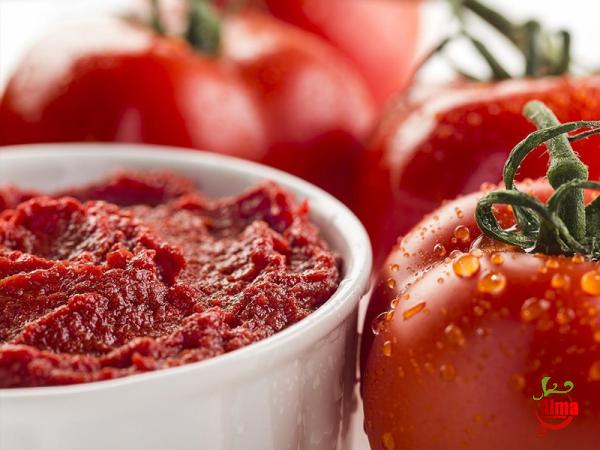 Ketchup: – Ketchup is a widely consumed condiment that has become a household name around the world. – Its tangy, sweet taste makes it a well-loved accompaniment for foods like burgers, fries, hot dogs, and sandwiches. – The popularity of fast food chains and casual dining establishments has significantly contributed to the high demand for ketchup. Section 3: Buying Factors Tomato Paste: – When buying tomato paste, consumers should consider its tomato content. Higher tomato content means a more concentrated flavor and quality product. – Packaging size is another crucial factor to consider when purchasing tomato paste. Packaging options range from small cans for single-use to larger jars for bulk cooking needs. – Brand reputation is also significant in the decision-making process. Established brands often have a track record for delivering superior quality tomato paste.
Ketchup: – Ketchup is a widely consumed condiment that has become a household name around the world. – Its tangy, sweet taste makes it a well-loved accompaniment for foods like burgers, fries, hot dogs, and sandwiches. – The popularity of fast food chains and casual dining establishments has significantly contributed to the high demand for ketchup. Section 3: Buying Factors Tomato Paste: – When buying tomato paste, consumers should consider its tomato content. Higher tomato content means a more concentrated flavor and quality product. – Packaging size is another crucial factor to consider when purchasing tomato paste. Packaging options range from small cans for single-use to larger jars for bulk cooking needs. – Brand reputation is also significant in the decision-making process. Established brands often have a track record for delivering superior quality tomato paste.
buy tomato paste
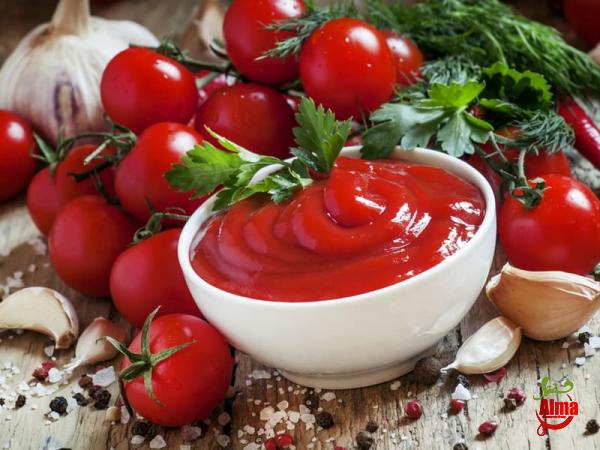 Ketchup: – Tomato content plays a minimal role in choosing ketchup due to the addition of other ingredients like vinegar and sugar. – Packaging and bottle size are important considerations, taking into account factors like ease of pouring, storage, and frequency of usage. – Brand reputation and customer reviews play a key role in influencing consumers’ choice of ketchup. Factors such as taste, consistency, and overall quality are critical when purchasing this condiment. Section 4: Pricing Factors Tomato Paste: – The price of tomato paste varies depending on factors such as brand, packaging size, and quality. – Larger packaging sizes often offer better value for money for those who use tomato paste frequently or in large quantities. – Premium or organic tomato paste is usually priced higher due to the quality of the tomatoes used and the additional certifications associated with organic production. Ketchup: – Ketchup prices are influenced by similar factors such as brand, packaging size, and ingredients used. – Economical brand options are often available for those on a budget or who require larger quantities for commercial purposes. – Upscale brands that position themselves as gourmet or organic alternatives may come at a premium price due to their quality assurance and unique flavor profiles. Conclusion: Tomato paste and ketchup are versatile condiments made from tomatoes, although they differ in terms of production process, taste, and usage. Tomato paste, known for its concentrated flavor and thick consistency, is primarily used as a base in sauces and soups. On the other hand, ketchup, with its tangy and sweet flavor, is widely consumed as a dipping sauce, condiment, or flavor enhancer for various foods. When considering buying these condiments, factors such as tomato content, packaging size, brand reputation, and pricing should be taken into account. Ultimately, the choice between tomato paste and ketchup depends on personal preferences, culinary needs, and the specific dishes they will be used in.
Ketchup: – Tomato content plays a minimal role in choosing ketchup due to the addition of other ingredients like vinegar and sugar. – Packaging and bottle size are important considerations, taking into account factors like ease of pouring, storage, and frequency of usage. – Brand reputation and customer reviews play a key role in influencing consumers’ choice of ketchup. Factors such as taste, consistency, and overall quality are critical when purchasing this condiment. Section 4: Pricing Factors Tomato Paste: – The price of tomato paste varies depending on factors such as brand, packaging size, and quality. – Larger packaging sizes often offer better value for money for those who use tomato paste frequently or in large quantities. – Premium or organic tomato paste is usually priced higher due to the quality of the tomatoes used and the additional certifications associated with organic production. Ketchup: – Ketchup prices are influenced by similar factors such as brand, packaging size, and ingredients used. – Economical brand options are often available for those on a budget or who require larger quantities for commercial purposes. – Upscale brands that position themselves as gourmet or organic alternatives may come at a premium price due to their quality assurance and unique flavor profiles. Conclusion: Tomato paste and ketchup are versatile condiments made from tomatoes, although they differ in terms of production process, taste, and usage. Tomato paste, known for its concentrated flavor and thick consistency, is primarily used as a base in sauces and soups. On the other hand, ketchup, with its tangy and sweet flavor, is widely consumed as a dipping sauce, condiment, or flavor enhancer for various foods. When considering buying these condiments, factors such as tomato content, packaging size, brand reputation, and pricing should be taken into account. Ultimately, the choice between tomato paste and ketchup depends on personal preferences, culinary needs, and the specific dishes they will be used in.
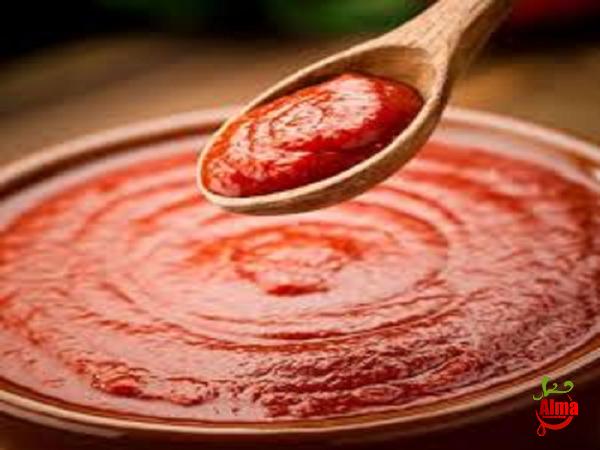
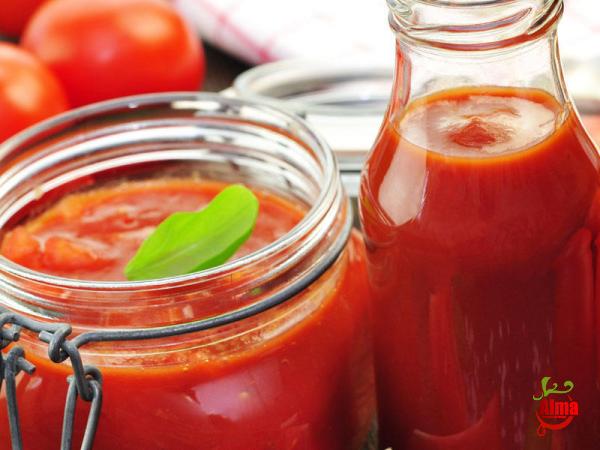






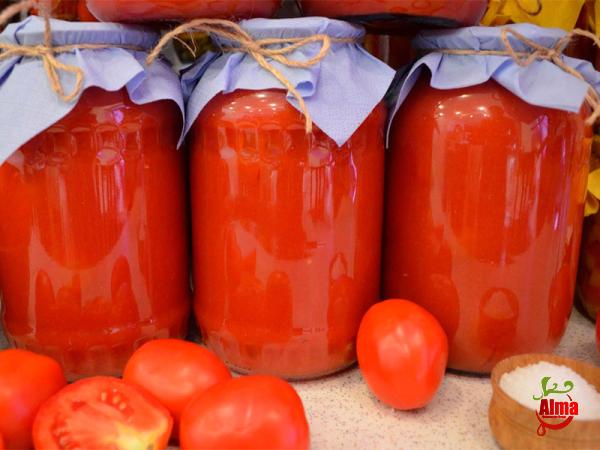
Your comment submitted.